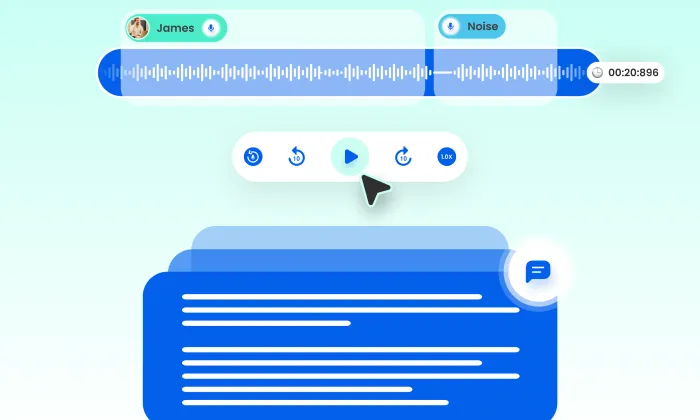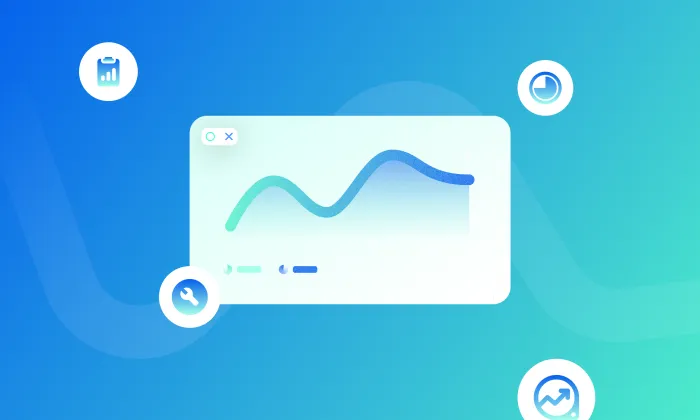How do I choose between open-source and commercial TTS datasets?
TTS
Data Selection
Speech AI
Selecting the right Text to Speech dataset is a critical decision for AI engineers, researchers, and product leaders. The dataset you choose directly influences model quality, scalability, and compliance. Both open source and commercial datasets offer unique benefits and trade-offs. Understanding these can help you align dataset strategy with your project goals.
What is a TTS Dataset
A TTS dataset consists of paired audio recordings and text transcripts, enabling models to transform written words into natural speech. Performance depends heavily on audio clarity, diversity of speakers, and consistency in recording conditions.
Open Source TTS Datasets
Projects such as Common Voice and LibriSpeech provide free access to large amounts of data. These resources are widely used in academic research and exploratory projects.
Benefits of Open Source Data
- Cost efficient with no licensing fees
- Broad diversity of voices and accents
- Transparent documentation and open contribution models
Challenges of Open Source Data
- Variable audio quality due to uncontrolled recording conditions
- Limited ability to customize by speaker, accent, or domain
- Possible gaps in compliance for enterprise or regulated use
Commercial TTS Datasets
Providers like FutureBeeAI offer curated datasets built in professional studios with strict quality controls. These datasets are designed for enterprise-grade TTS model training.
Benefits of Commercial Data
- Consistent audio quality with studio-grade acoustics and expert QA
- Options to customize speakers, emotions, or domains
- Clear licensing and compliance coverage to reduce legal risk
Challenges of Commercial Data
- Higher costs due to licensing and production investment
- Dependence on vendor updates and pricing
Key Considerations for Decision Makers
- Application Needs: Exploratory projects and budget-limited research may succeed with open source. Production-ready systems, such as voice assistants or customer care platforms, typically require commercial datasets for accuracy and naturalness.
- Data Quality and Reliability: Commercial collections deliver uniform clarity and consistency, while open source data may introduce noise that reduces performance.
- Customization: For projects requiring specific accents, emotional tones, or domain language, commercial datasets provide flexibility that community-driven datasets cannot match.
- Compliance and Ethics: Commercial datasets ensure documented consent, GDPR alignment, and enterprise licensing. Open source may pose risks if usage rights or data origin are unclear.
Real World Impact
High accuracy and expressive TTS is essential for sectors like healthcare, finance, and education. Combining open source and commercial datasets is often effective: open source data supports initial training, while commercial data fine tunes the system for production needs.
Conclusion
The choice between open source and commercial TTS datasets depends on your balance of cost, quality, customization, and compliance. For organizations that demand production-ready, multilingual, and domain specific speech data, FutureBeeAI provides tailored solutions built with expert QA, ethical sourcing, and global coverage.
What Else Do People Ask?
Related AI Articles
Browse Matching Datasets
Acquiring high-quality AI datasets has never been easier!!!
Get in touch with our AI data expert now!








